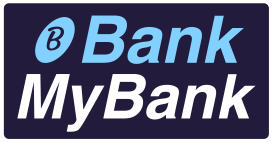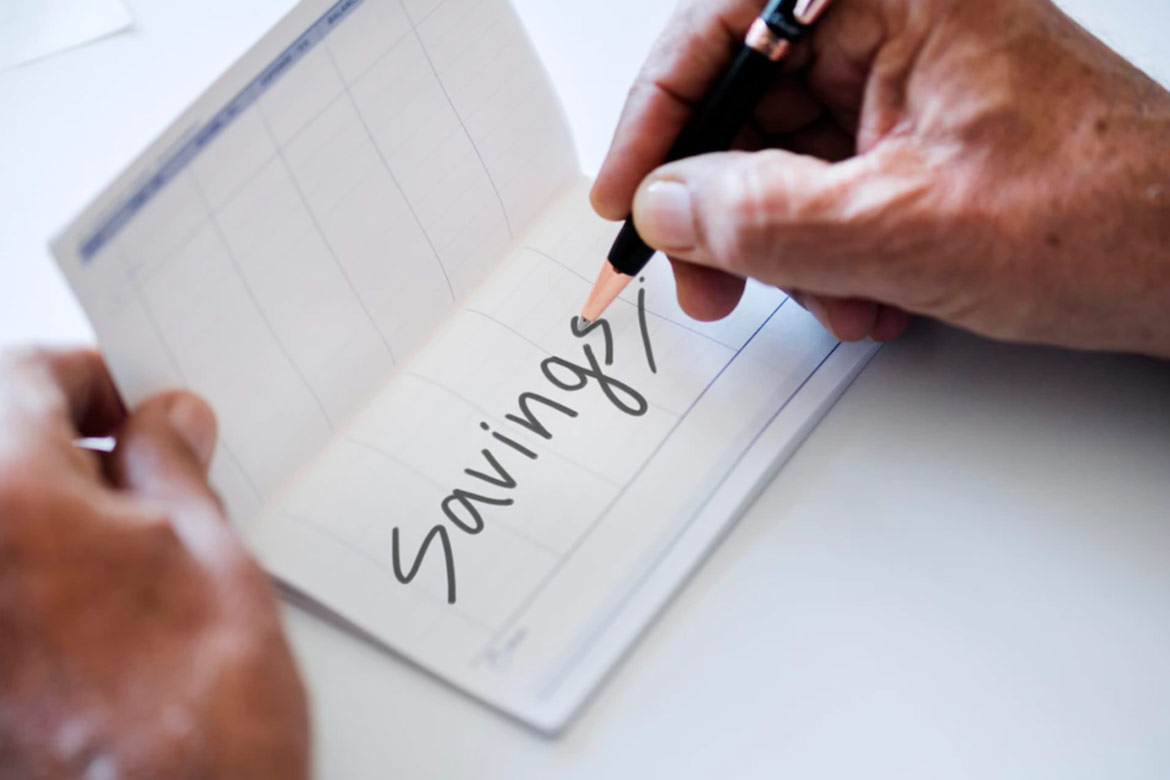The majority of folks won’t have any issues choosing a reliable bank if they use a little common sense. Although it’s true that even well-known banks can fail (as Washington Mutual did in 2008), FDIC insurance will safeguard your funds in certain circumstances.
Each owner and per account, it offers $250,000 in coverage.
So, a balance of up to $500,000 would be protected if you and your spouse have a joint account.
The American system should be a huge relief if you’re from a developing nation without deposit protection, where you couldn’t trust that your money was safe in the bank.
When deciding where to bank, it is difficult to make a significant error, but some options are preferable to others in terms of convenience, costs, and interest rates. The following are the main considerations you should make when deciding where to open a checking account.
Read More: What is Auto Sweep Facility and its Benefits?
Legitimacy and Reputation of Banks
You should, first and foremost, use an authorized bank. Maintaining a relationship with a large, well-known bank is advised. Use the Bank Locate tool on the FDIC website to confirm if the bank is a member of the FDIC, which implies that your deposits will be protected up to FDIC limits if you’re thinking about a smaller institution or if you just want to be extra safe.
It can be more difficult to select a bank with a solid reputation. In order to meet sales targets and collect bonuses, 5,300 Wells Fargo employees opened 2 million unauthorized bank accounts for the company’s customers in 2016.
These clients ultimately had to pay fees on such accounts. Currently, the bank is attempting to reposition itself as “re-established.”
Additionally, Chase Bank has recently paid fines and settlements totaling hundreds of millions of dollars for bribing foreign officials, manipulating interest rates, and other wrongdoings.
These are two of the most well-known instances of enormous bank misbehavior, though they are not the only ones. In summary, before choosing a bank, you might want to examine its reputation.
Online-only versus physical banks
The choice between a bank with only an online presence and one with both a physical location and an online presence is one of the most important ones you’ll have to make. No matter which bank you choose, you will have access to features like online bill payment, mobile check deposit, and apps that let you bank whenever and wherever you want from your computer, tablet, or smartphone. This is because most banks today have a strong online presence even if they originally started as brick-and-mortar institutions.
What are the key distinctions between banks where you can visit a branch and speak to a teller and banks where everything is done online only? Fees and interest rates are typically involved. Due to their lower operating expenses, online-only banks can offer higher interest rates on savings accounts and certificates of deposit. These banks can pass these savings along to their customers by eliminating monthly maintenance fees and minimum balance requirements. The well-known names in online-only banking include Ally Bank, Discover Bank, and Capital One 360.
However, community banks will occasionally provide you with the same lower-fee, higher-rate benefits as online-only banks while also allowing you to speak with a banker in person. Don’t discount them without checking because you might also locate low-fee accounts at a sizable traditional bank.
What would you find convenient and comfortable about banking?
Which would you choose: interacting with a machine or speaking to a real person?
Would you rather pay your expenses online than be able to write a lot of checks?
Do you typically make cash deposits? (With an online bank, this is difficult to accomplish; you’ll need a specialized ATM, a money order, or other middlemen.)
When is the most convenient time for you to visit the bank—what day of the week and what time of day?
Bank Size and Location
For the convenience of visiting a teller and making deposits and withdrawals, the majority of people who want an account at a physical location prefer to use a bank that has a branch near where they reside or where they work. If you don’t travel often, it might be a big national bank or a little regional or local bank. If you do travel regularly, you should do some investigating to find out which banks have locations near the places you frequent the most. You’ll need quick access to your money while you’re away from home, the ability to speak with a live person in person if you run into any problems, and no service charges for using non-network ATMs.
The other important factor in size is whether smaller banks may provide better customer service and show greater interest in the communities in which they operate. But, as there is no set rule, your best option if these aspects are significant to you is to visit the bank in person and gauge your experience there.
You will normally have access to a countrywide network of fee-free ATMs if you choose an online-only bank. Also, your bank might pay back a limited amount of out-of-network ATM costs each month.
Read More: Renault special discount in India up to Rs 1.30 lakh.
Deposit fees
As long as your account balance is positive, you can use some banks for free, while other banks nickel and dime their customers with fees at every turn. Before opening an account with a bank, thoroughly review the fee schedule and make sure you know what you need to do to avoid any fees. Even modest fees can accumulate over time and eat into your account balance.
This advice is still valid even if you choose a bank that promotes free checking because there are always expenses involved. Fees could apply if you close your account, allow your balance to fall below a specific level, overdraw your account, use an ATM, request printed statements, or let your income not be instantly transferred into your account.





